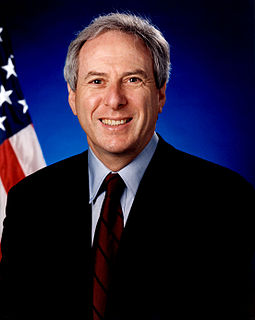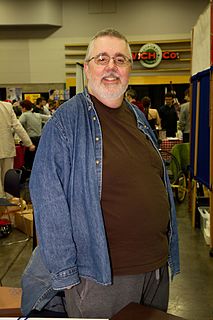A Quote by Hallgrimur Helgason
Being a writer in Iceland, you get rewarded all the time: People really do read our books, and they have opinions; they love them, or they hate them. At the average Christmas party, people push politics and the Kardashians aside and discuss literature.
Related Quotes
We have an obligation to read aloud to our children. To read them things they enjoy. To read to them stories we are already tired of. To do the voices, to make it interesting, and not to stop reading to them just because they learn to read to themselves. Use reading-aloud time as bonding time, as time when no phones are being checked, when the distractions of the world are put aside.
Books can be passed around. They can be shared. A lot of people like seeing them in their houses. They are memories. People who don't understand books don't understand this. They learn from TV shows about organizing that you should get rid of the books that you aren't reading, but everyone who loves books believes the opposite. People who love books keep them around, like photos, to remind them of a great experience and so they can revisit and say, "Wow, this is a really great book."
In the job of a member of the Supreme Court of the United States, you're going to make decisions. You'll say things that some people are going to love them, some people are going to hate them. It's just part of the job. And so I respect the right of individuals to have strongly held opinions and to express those opinions in our country.
Learn to spot and avoid "writer groupies." The writer's self-sufficiency and our love for our work tend to attract insecure people who never can get enough love. They grow jealous of our work and come to regard it as a rival. These people can destroy you, so kick them out of your life or don't admit them in the first place.
The problem in our country isn't with books being banned, but with people no longer reading. Look at the magazines, the newspapers around us - it's all junk, all trash, tidbits of news. The average TV ad has 120 images a minute. Everything just falls off your mind. You don't have to burn books to destroy a culture. Just get people to stop reading them.
Electronic books are ideal for people who value the information contained in them, or who have vision problems, or who like to read on the subway, or who do not want other people to see how they are amusing themselves, or who have storage and clutter issues, but they are useless for people who are engaged in an intense, lifelong love affair with books. Books that we can touch; books that we can smell; books that we can depend on.







































